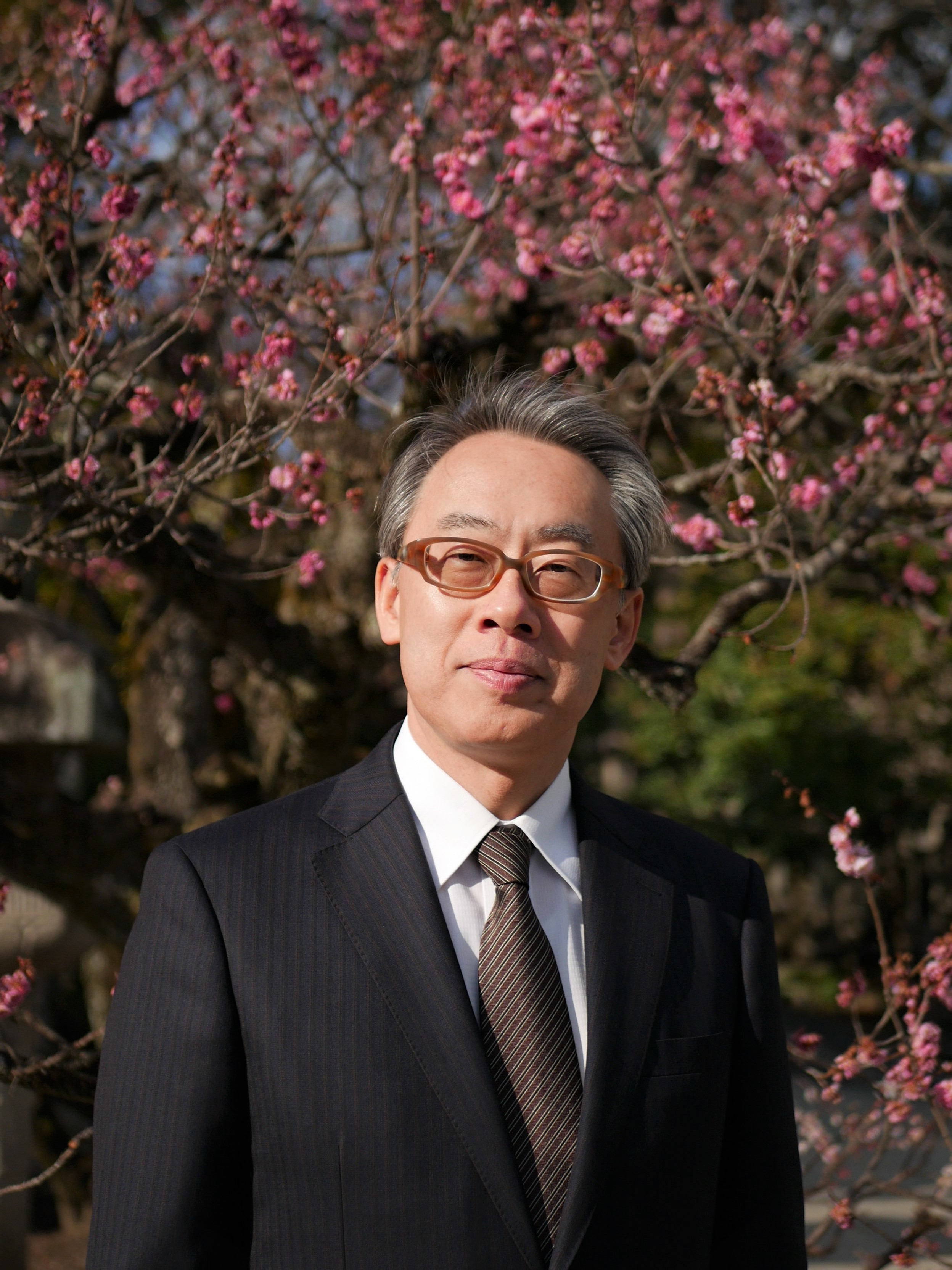最終更新日: 2020年06月19日
Intercultural Studies
Characteristics of students sought by the Faculty of Intercultural Studies
- Makes the effort to consider, judge and act on ideas
- Understands various cultures and different societies
- Able to learn foreign languages
- Considers questions of modern culture with a global perspective
- Serves society on a global scale
Our era of conflict and confusion
Although the 20 years since the founding of the Faculty of Intercultural Studies has seen the thawing of the cold war between East and West, new and serious disputes continue to plague each corner of the world resulting in wars and conflicts. A barrage of disorder and contradiction plagues Japan’s society of abundance as we cling to the Meiji-era goal of surpassing Europe and America both economically and scientifically.
What does it mean to think with a cultural perspective?
A variety of factors give rise to disorder and contraction including differences in how people think and feel as well as differences in prosperity, rights, age, gender, customs, religion, government structure, etc. All of these differences taken collectively for each region and for each group of people formulate culture. People are born and raised within a culture. People react to their environment in accordance with their unique culture and therein differ from other animals that rely on instinct. When considering the problems of disorder, loss of identity, conflict and confrontation that people currently experience, culture is an element that cannot be left out of the equation.
A necessary willingness to understand different cultures
In addition to the international conflicts and cultural clashes faced by our modern society, the Department of International Culture considers the cultural perspective of the various problems that we as individuals in our modern society face. Understanding different cultures is not merely differentiating people by region or ethnicity, but also involves differentiating prosperity, rights, age and gender within a given region and/or ethnic group.
Acquisition of meaningful communication skills
Wouldn’t you like to acquire the capability to communicate with different people as well as with ourselves by learning different languages and cultures, and learning the cultural makeup that holds such power over our lives? This capability will be an indispensable determining factor for Japan as a society as she takes her place in the world of globalization.

